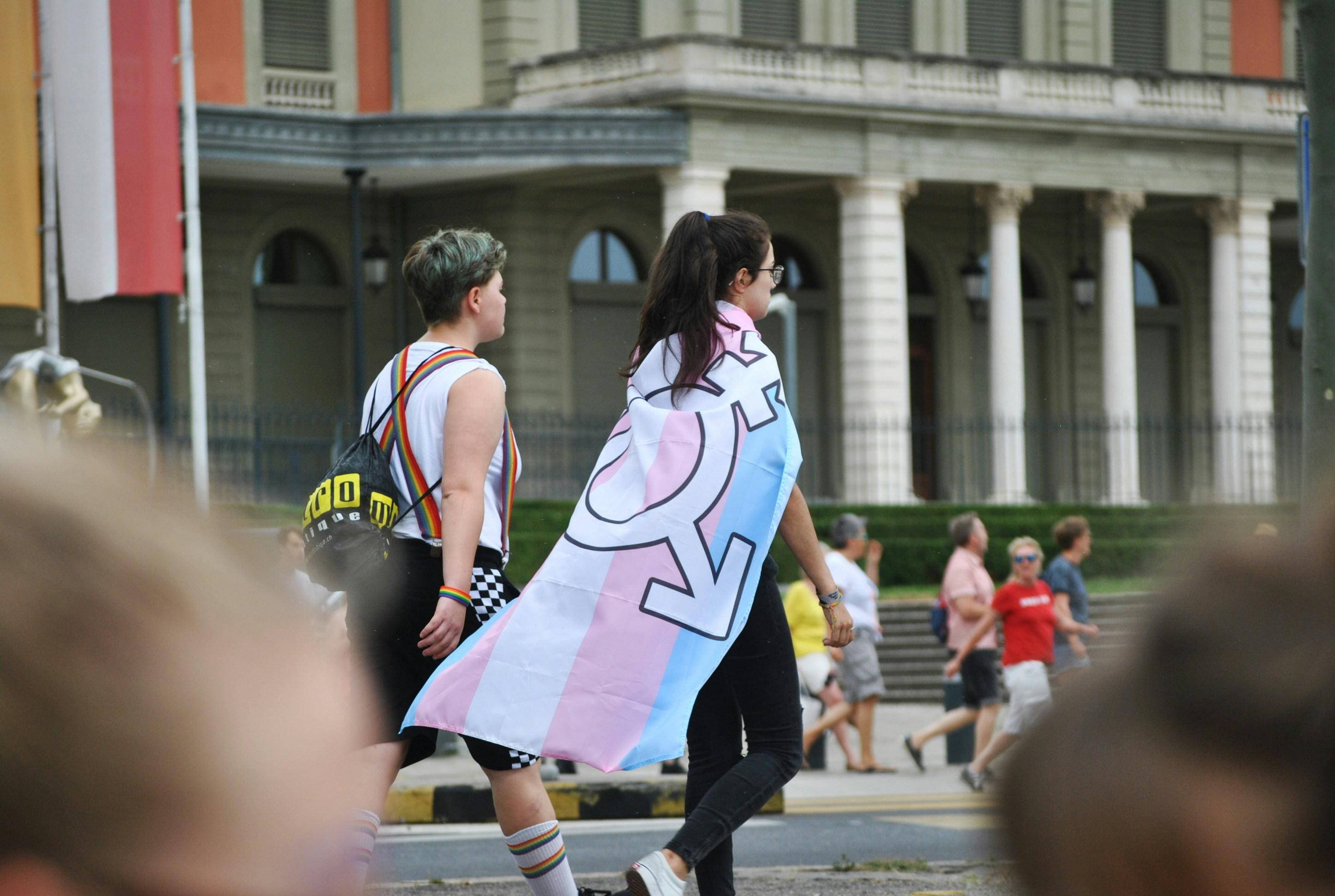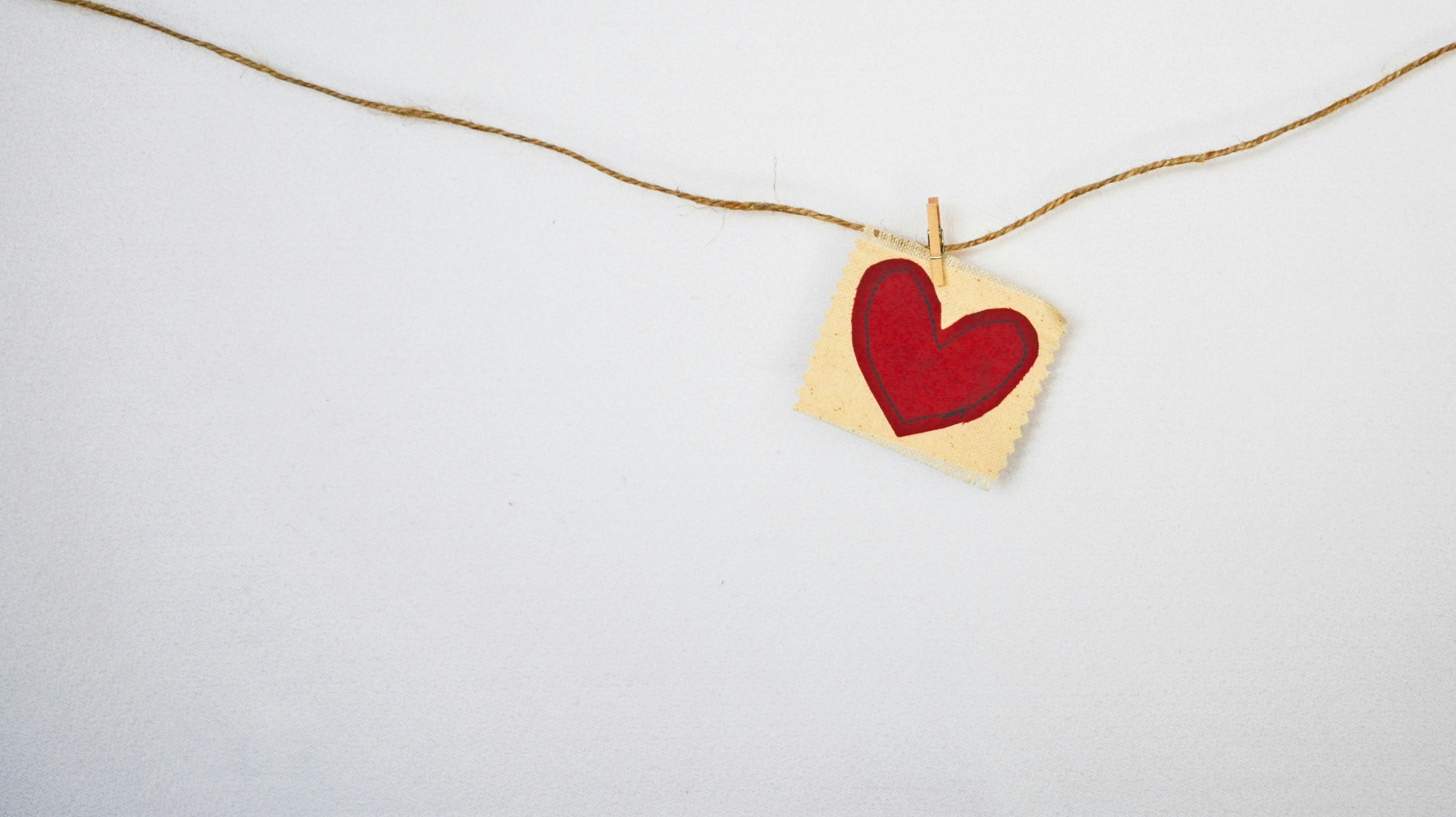In an era where media plays a pivotal role in shaping societal perceptions, romantic comedies have long stood as a beloved yet controversial genre. Celebrated for their feel-good narratives and charming depictions of love, these films often present themselves as progressive, reflecting contemporary values and diverse relationships. However, beneath the surface of witty dialogue and heartwarming plotlines lies a persistent question: Are romantic comedies merely repackaging outdated gender norms under the guise of modernity? As audiences continue to embrace these films for their escapism and entertainment, it becomes crucial to critically examine the messages they convey about gender roles and relationships. This article delves into the complex interplay between tradition and innovation within romantic comedies, exploring whether they truly offer a fresh perspective or subtly reinforce stereotypes that society has long sought to challenge.
The Illusion of Progress: Examining Gender Dynamics in Modern Romantic Comedies
In recent years, romantic comedies have been lauded for embracing more inclusive narratives and diverse casting. Yet, beneath this veneer of modernity, many of these films still cling to antiquated gender norms. While outwardly appearing to champion female empowerment and equality, they often resort to traditional stereotypes to drive the plot. Consider the frequent portrayal of female protagonists who must “tame” or “transform” their male counterparts, subtly suggesting that a woman’s role is to nurture and adjust to the whims of a flawed partner. Despite the superficial gloss of progress, these narratives often reinforce the notion that women’s worth is inherently tied to their ability to change or save a man.
- The “quirky” yet submissive heroine – A character trope that suggests individuality is charming but ultimately submissive to male desires.
- The “alpha” male – Often depicted as emotionally unavailable or immature, but eventually softened by love, perpetuating the myth that women must bear the emotional labor of a relationship.
- The focus on heteronormativity – While diverse casting is increasing, the core relationship dynamics often remain staunchly traditional.
Such patterns reveal a reluctance to fully abandon the outdated frameworks that have historically defined romantic narratives. As audiences become more discerning, the genre must question whether it is genuinely advancing or simply cloaking old paradigms in a facade of inclusivity.

Subtle Stereotypes: How Romantic Comedies Perpetuate Traditional Gender Roles
While romantic comedies often appear to champion modern relationships, they frequently slip into reinforcing traditional gender roles through subtle stereotypes. These films tend to portray women as emotionally driven and dependent on love for fulfillment, whereas men are often depicted as emotionally aloof yet ultimately heroic. This recurring formula suggests that happiness and personal success are contingent upon romantic attachment, reinforcing the idea that women’s primary role is to be a nurturing partner.
- Women as Caregivers: Female characters often prioritize relationships over career ambitions, reinforcing the stereotype that a woman’s ultimate goal is marriage.
- Men as Providers: Male leads typically undergo a transformation from emotionally unavailable to the savior figure, perpetuating the notion of men as protectors and providers.
- Emotion vs. Logic: The narrative often contrasts emotional women with logical men, suggesting that emotional intelligence is less valuable than rationality.
These tropes, though seemingly innocuous, subtly suggest that stepping outside these prescribed roles leads to unhappiness or failure, thereby stifling the progress toward true gender equality in media representation.

Beyond the Surface: Analyzing the Portrayal of Masculinity and Femininity in Film
While romantic comedies often parade as progressive narratives, they frequently fall back on traditional gender roles, masked by a veneer of modernity. A critical examination reveals that these films often adhere to stereotypical portrayals of masculinity and femininity, even as they ostensibly promote equality. Men, despite being portrayed as sensitive or emotionally available, still conform to the archetype of the strong, protective figure. Women, on the other hand, often navigate a paradox where they are expected to be both independent and nurturing, perpetuating the age-old dichotomy of the “career woman” versus the ”homemaker”.
- Men as Heroes: Romantic comedies continue to depict male characters as saviors, rescuing female leads from personal or professional crises.
- Women in Dilemmas: Female characters are often shown grappling with the choice between career and love, reinforcing the notion that women must compromise one for the other.
- Emotion as a Commodity: Emotional vulnerability is frequently used as a plot device, with both genders using it to manipulate or achieve personal goals, rather than as a genuine expression of human experience.
By superficially addressing gender issues, these films risk reinforcing outdated norms under the guise of progress, leaving audiences with a skewed perception of gender dynamics. As viewers, it becomes imperative to question whether these narratives truly reflect modern relationships or simply dress old tropes in new clothes.

Reimagining Romance: Recommendations for Evolving Gender Representation in Media
As the romantic comedy genre evolves, it’s essential to scrutinize whether its portrayal of relationships genuinely reflects progressive gender dynamics or merely dresses up traditional roles with modern aesthetics. Media creators have the opportunity to break away from stereotypical depictions by exploring diverse narratives that challenge the status quo. Here are some recommendations for a more nuanced representation:
- Diverse Character Arcs: Develop characters with depth, allowing them to transcend the classic damsel-in-distress or macho hero archetypes. This can include showcasing career-driven women who are not portrayed as emotionally unavailable or men who are comfortable expressing vulnerability.
- Inclusive Storylines: Embrace stories that reflect the myriad ways love and relationships can manifest. Consider including LGBTQ+ narratives and stories that explore non-traditional family structures or long-distance relationships, which are often absent from mainstream romantic comedies.
- Authentic Dialogues: Create dialogues that reflect real-world conversations about gender roles, consent, and equality. Characters should navigate these themes in a way that feels genuine and relatable, encouraging audiences to engage with these concepts critically.
By implementing these strategies, romantic comedies can become a platform for meaningful discourse on gender representation, rather than reinforcing antiquated norms under the guise of modern storytelling.
To Conclude
while romantic comedies have long been cherished for their ability to entertain and uplift, it is crucial to scrutinize the narratives they perpetuate. Despite claims of modernity and progress, many of these films continue to rely on outdated gender norms that subtly reinforce traditional roles under the guise of humor and romance. As audiences become more discerning and demand authentic representation, the genre faces a pivotal opportunity to evolve. By embracing diverse stories and challenging entrenched stereotypes, romantic comedies can remain relevant and impactful, resonating with a contemporary audience eager for narratives that reflect the complexities of modern relationships. It is only through this lens of critical examination and innovation that romantic comedies can truly progress and contribute to a more equitable portrayal of gender dynamics in popular culture.
